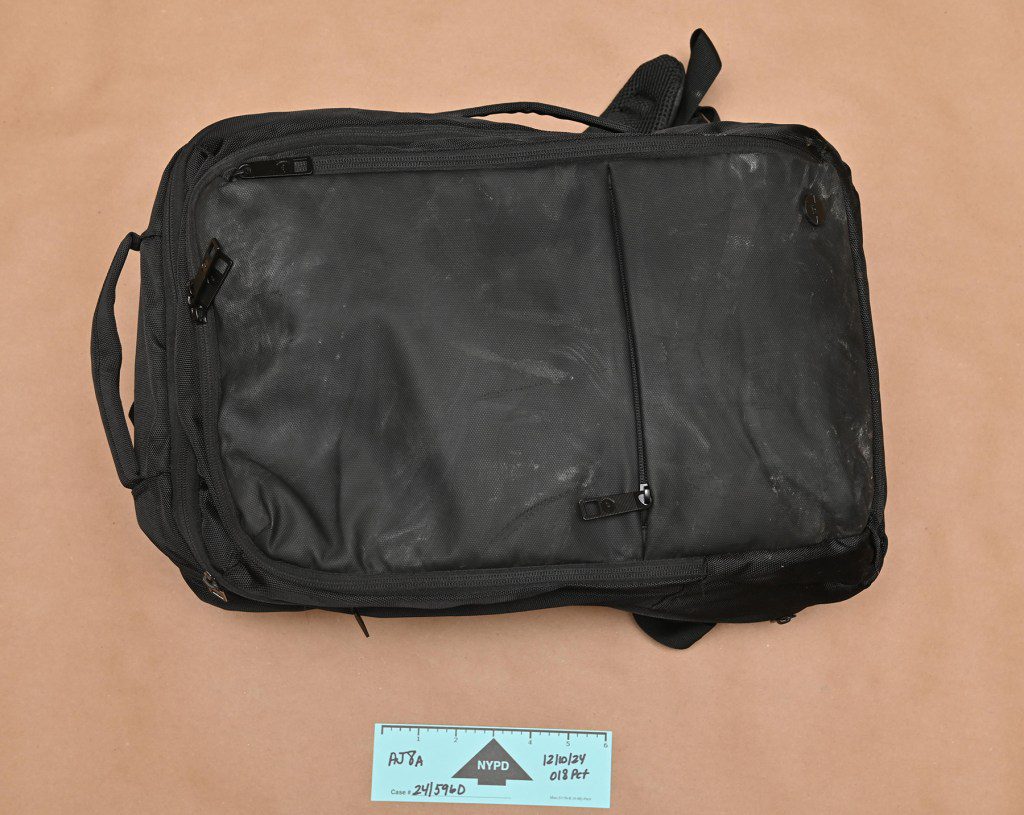YouTuber Ninja Diagnosed With Skin Cancer at 32
Tyler Richard Blevins, the popular YouTuber and streamer who goes by the name Ninja, announced on X (formerly Twitter) on Tuesday that he has been diagnosed with a form of skin cancer.
In the post, Blevins, 32, shared that he went to a dermatologist a few weeks ago after his wife Jessica scheduled him an appointment for a mole check. According to Blevins, who said that he was “still in a bit of shock,” the doctor found a mole on the bottom of his foot that he wanted to remove, “just to be careful,” he wrote. Further testing confirmed the mole was a melanoma.
“I had another dark spot appear near it, so today they biopsied that and removed a larger area around the melanoma with the hopes that under the microscope they will see clear non-melanoma edges and we will know we got it,” Blevins wrote. “I’m grateful to have hope in finding this early, but please take this as a PSA to get skin checkups.”
Blevins has about 19 million followers on Twitch, the gaming platform, making him among the most-followed streamers on the platform. He is probably best known for playing Fortnite, the online video game popular among children. Though he briefly left Twitch in 2019 to exclusively stream on Microsoft’s platform Mixer, he rejoined Twitch when Mixer shut down in 2020, signing a multiyear exclusivity contract with the website.
Melanoma is a form of skin cancer caused by UV exposure, with more than one million Americans currently living with the condition, according to the American Academy of Dermatology. About 100,000 new cases are diagnosed per year. It is usually treatable with surgery unless it has spread, in which case patients can sometimes receive chemotherapy.
Though the risk of melanoma increases with age, it is not uncommon among adults in their 20s and 30s, and is one of the most common types of cancer among young people, according to the American Cancer Society. It is recommended that adults who are at heightened risk for the condition, such as those with fair skin, should be screened at least once a year by a dermatologist.





